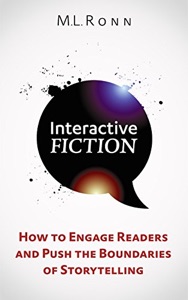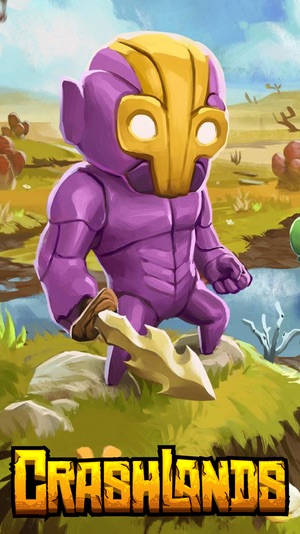by Michael La Ronn
An earnest guide to writing interactive fiction, in the style of “choose your own adventure,” using Scrivener. La Ronn explains that the book relies heavily on examples drawn from the author’s own interactive fiction “because my style of interactive fiction is unique.” Exactly where La Ronn disagrees with other IF writers remains somewhat vague.
One key decision (though far from unique) is avoiding second-person narrative, based in part on a simplified version of my old My Friend Hamlet argument. Second person, he argues, “turns the reader into the hero.” Children like that, he says.
But grownups don’t want to imagine themselves in a novel. Most of the time, they work crappy day jobs and they read for pleasure.
Ouch.
Some trivial accidents are distracting.
Let’s say you have a hero who is an archaeologist. He gets a phone call in the middle of the night to come to Arizona immediately because a team of scientists just found some cool fossils.
OK: we’re a little hazy on the distinction between archaeology and paleontology, but that can happen to anyone. The real question is: what paleontological discovery can’t wait until morning? Those fossils have been waiting in the ground for millions of years, yet we have a Michael Crichton phone call and must head to the airport in the middle of the night. Clearly, the game is seriously afoot, and that’s a mystery to which I’d love the answer.



